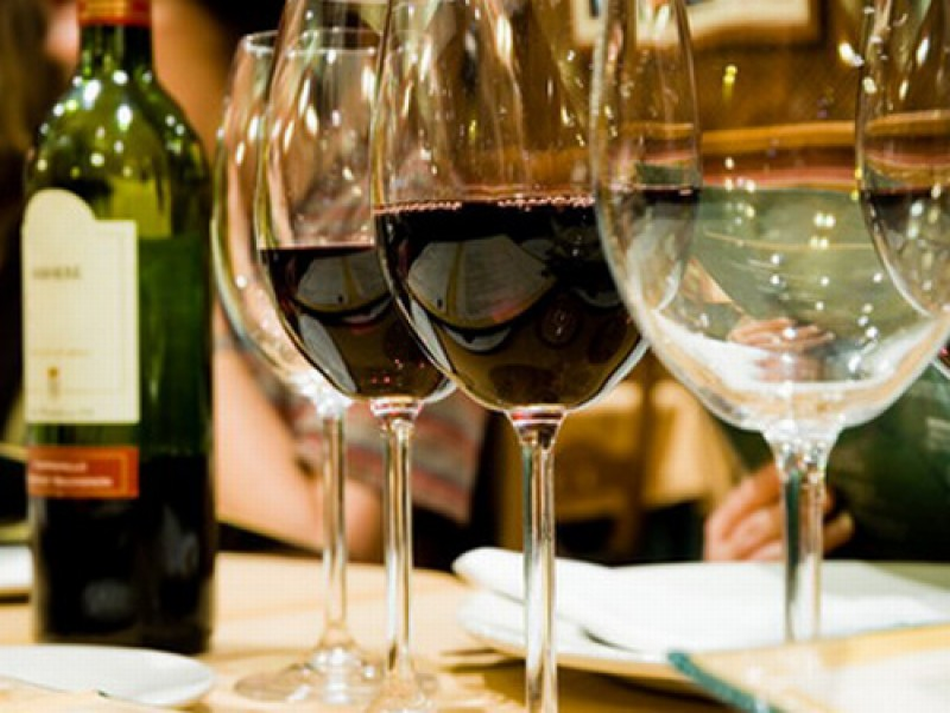The European Union opens its market to Moldovan wines
The European Commission will fully open its market to wines from the Republic of Moldova with no restrictions related to quantity and without charging any customs tax. The decision is next to be endorsed by the EU Parliament and the Council.

Valentin Țigău, 26.09.2013, 12:29
The Republic of Moldova is expected to initial an Association and Deep Free Trade Agreement at the upcoming EU summit hosted by Vilnius on the 29th of November, documents which pave the way for the start of EU accession talks with this majority Romanian speaking state.
Formerly part of the USSR, it gained its independence in 1991. However, Moldova has remained in Moscow’s sphere of influence, both politically, especially during the country’s communist government between 2001 and 2009, but also economically.
The coming to power of the democratic parties, with their pro-European and pro-Romanian platforms, gradually reduced Moldova’s dependence on Russia. This unwelcome change for the Kremlin has recently brought about a series of restrictive economic measures reflecting the attitude of Moscow politicians who see Moldova as an area of Russian influence.
In fact, after 1991, Moscow has always kept Moldova in check, allowing it access to its gas depending on how close Moldova’s relations were with Moscow. A new episode of an economic battle with a clear political connotation is currently unfolding between the two states.
Under the pretext that chemical substances exceeding the established ceiling have been found in a number of batches, Russia banned imports of Moldovan wines as of September 10th. The revenues resulting from the export of wine and alcoholic drinks account for 20% of Moldova’s GDP, while 35% of its production goes to Russia and 80% to the ex-Soviet states.
The international community was quick to respond, with the European Parliament accusing Moscow of exerting pressure on both Moldova and Ukraine, which in Vilnius will sign similar agreements as Moldova. As far as Romania is concerned, it absorbs only 2% of Moldovan wines. Given the two countries’ shared history, language and the wish to follow the path of European integration, Romania has taken on the role of Moldova’s advocate before the European bodies.
The decision made on Wednesday by the European Commission to fully open its market to Moldovan wines with no restrictions in terms of quantity and with no customs duties, is an example in this respect. The European Commissioner for Agriculture, the former Romanian agriculture minister Dacian Ciolos said he hoped this decision would be regarded as a political signal reflecting the Union’s commitment to support the Republic of Moldova on its European path.






























